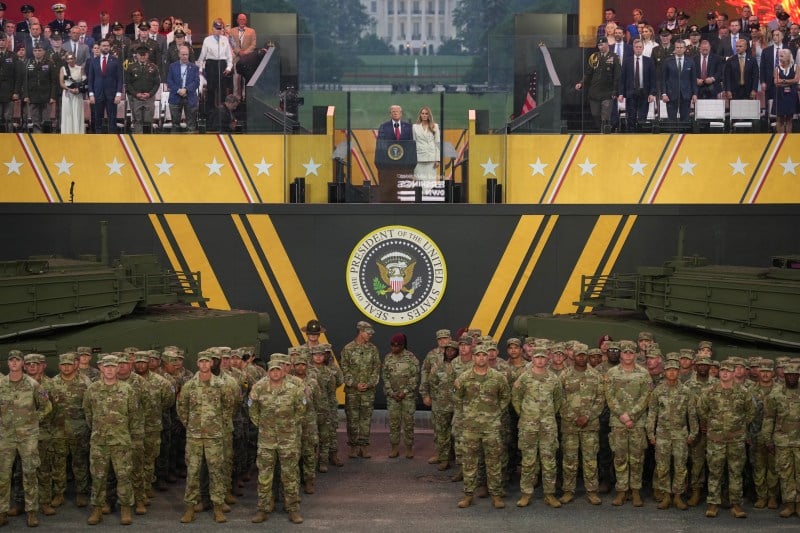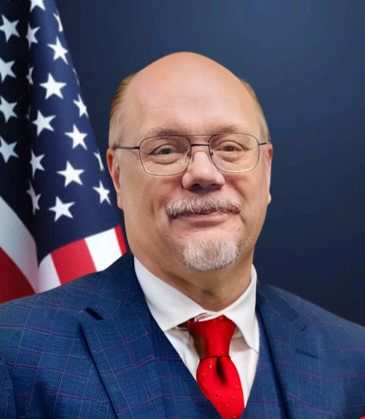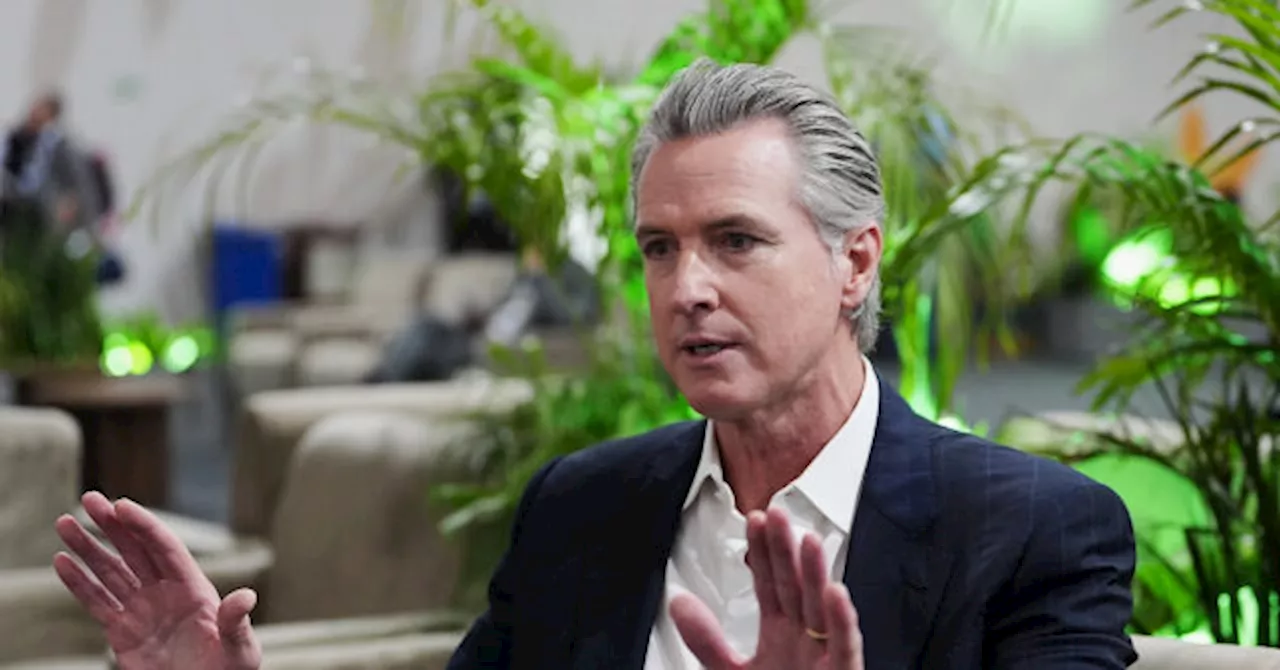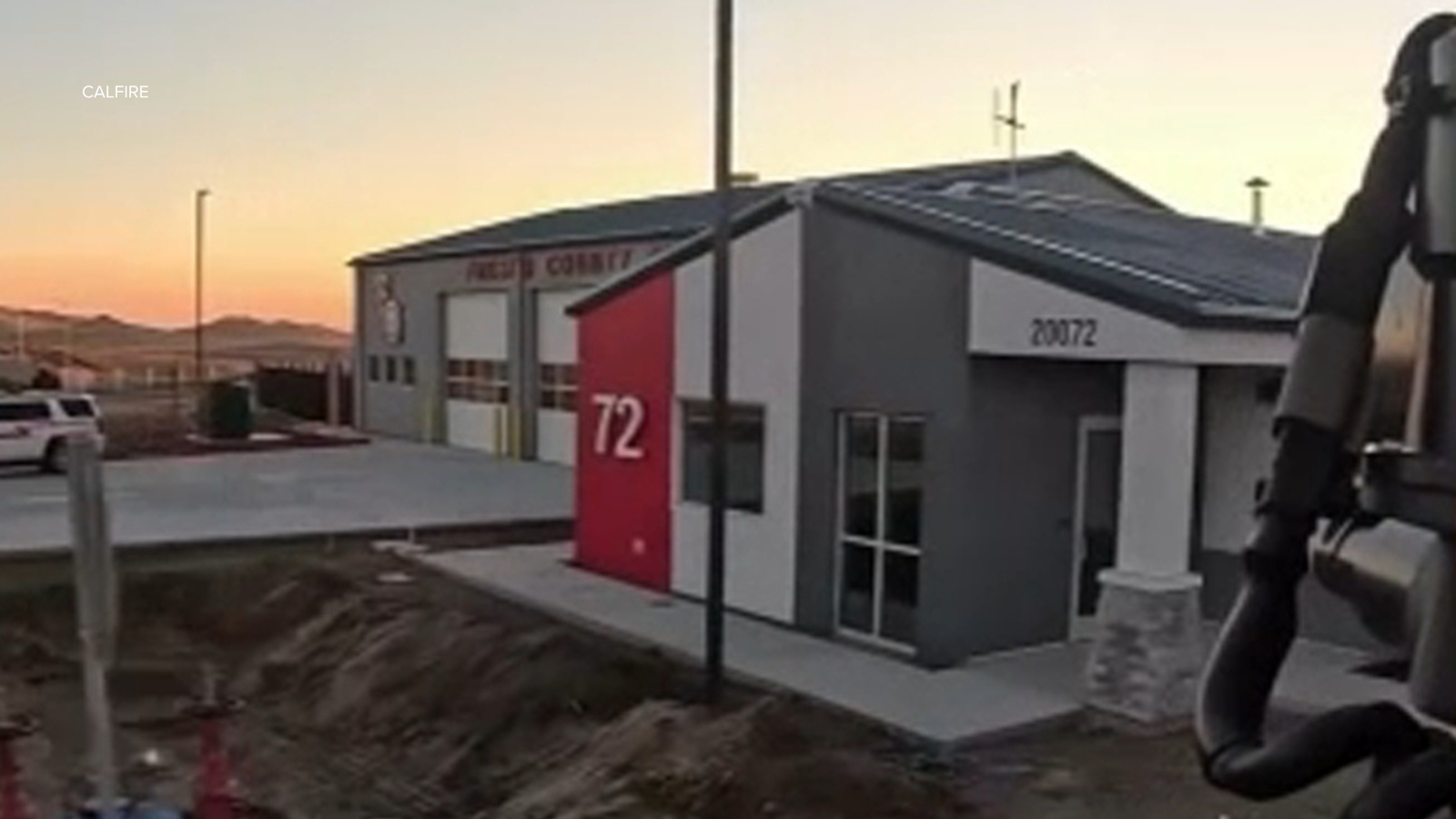UPDATE: On this Veterans Day, concerns are escalating over the Trump administration’s military policies, which threaten the integrity and professionalism of the U.S. armed forces. Recent reports reveal that Secretary of Defense Pete Hegseth is actively purging senior military leaders based on personal biases rather than performance, raising alarms about the military’s future role in American society.
The latest article from the New York Times highlights Hegseth’s troubling decisions to delay or cancel promotions for four senior officers simply due to their past associations with former Chair of the Joint Chiefs of Staff, Gen. Mark Milley. These actions appear to be driven by a personal vendetta from former President Donald Trump, who has shown animosity toward Milley.
This troubling trend poses immediate risks to military effectiveness. Hegseth’s focus on loyalty over competence could lead to a leadership void where experienced commanders are replaced by less qualified figures, which may severely compromise the military’s ability to respond to genuine threats.
As Veterans Day honors those who have served, it also serves as a stark reminder of the potential fallout from these policy changes. Drawing parallels to the insights of military scholars, Samuel P. Huntington and Caitlin Talmadge, this situation reflects a worrying shift toward a less professional military—one that could prioritize political loyalty over battlefield readiness.
Talmadge’s research illustrates how authoritarian regimes often cripple their military effectiveness by promoting loyalty over skill. This practice, if adopted in the U.S. military, could lead to catastrophic failures on the battlefield, especially if faced with external threats.
The implications of Hegseth’s actions are dire. First, the promotion of officers based on loyalty rather than capability risks leaving U.S. forces underprepared against serious adversaries. Second, the politicization of the military could deter talented officers from serving, further weakening the leadership structure. Finally, diverting military resources to domestic operations risks undermining the military’s primary mission: defending the nation.
As the nation reflects on its military’s legacy today, the potential for the armed forces to become a tool for political ends is alarming. Hegseth’s maneuvers, reportedly approved by Trump, raise the specter of a military increasingly aligned with partisan agendas rather than constitutional duty.
The military’s ability to serve as a neutral force in American society is being tested as never before. Officials warn that if this trend continues unchecked, the U.S. military could evolve into an organization that might not only fail to defend democracy but actively support anti-democratic actions.
This Veterans Day, as America honors its veterans, the questions loom larger than ever: What will be the long-term implications of these leadership purges? Will the military remain a professional force dedicated to protecting freedoms, or will it succumb to the forces of political loyalty? The answer to these questions could redefine the future of American democracy.
Stay tuned for ongoing updates as this situation develops.







